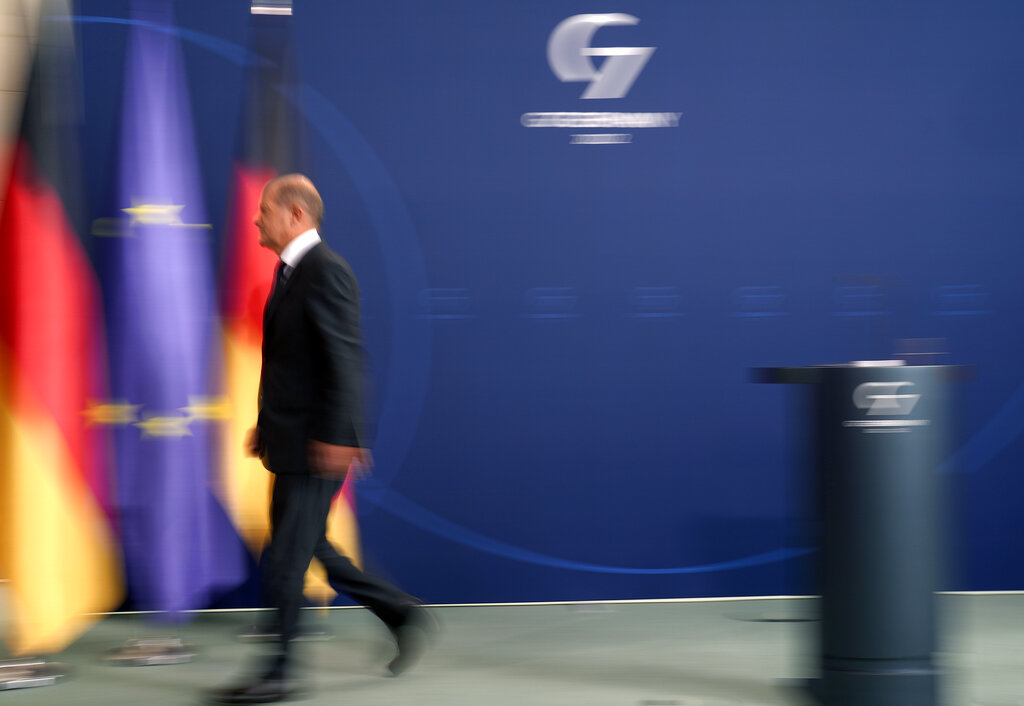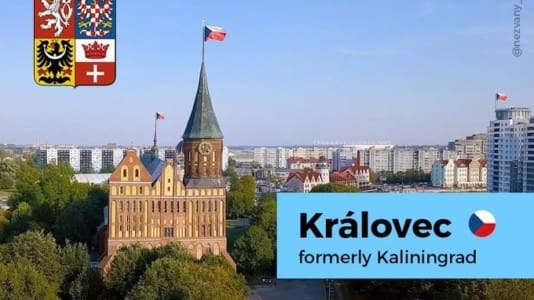The EU summit in Prague on Friday may witness a German U-turn on two ideas for combating the energy crisis. The first is a common EU platform for the purchase of gas, while the second is the proposal to set a maximum price for gas.
Brussels has been arguing for a move away from a free for all in which the richest countries outbid others and prices keep going up. This is why common purchasing and a maximum price are to be added to limiting consumption as a joint EU response to the energy crisis engulfing Europe.
The reason why Germany, which had initially opposed these measures, is now likely to support them, is most likely due to how the German government came under fire, even from France and Italy, for a proposal to pump €200 billion into combating the energy crisis, an amount no other country could match.
Germany was criticized by European commissioners for undermining the functioning of the single market, especially in that part of the package designed to bail out German companies. Italy’s Georgia Meloni has instead called for joint action within the EU.
Germany is also being criticized for the trust it placed in Russian energy supplies and the way it had encouraged Europe to become dependent on Russian gas.
The European Commission has since March been arguing for a common platform for purchasing gas. The urgency of the matter has increased with every country cut off by Russia’s Gazprom.
However, until now, all countries have had to take care of securing their own supplies, and Germany has worked to preserve the current system on both purchasing and pricing. Chancellor Scholz, in response to the criticism, has argued that other countries are also pumping money into the economy to combat the crisis.






